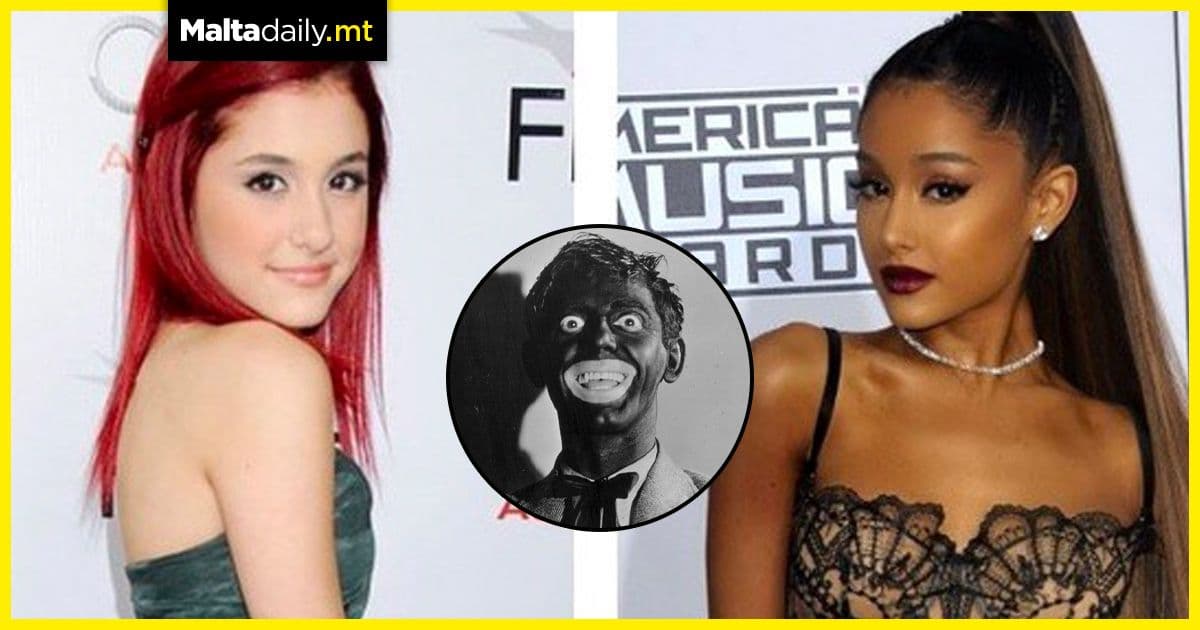Black-fishing – The new blackface?

Back in the 19the century, a theatrical makeup practice known as blackface gained popularity… albeit not for positive reasons. The practice entails non-black performers portraying caricatures of Black people and has contributed to the spread and normalisation of racial stereotypes. Despite declined in popularity, blackface seems to have been replaced by an odd, just as problematic practice; black-fishing.
Black-fishing as a term came to prominence in a Twitter thread two years ago. It was highlighted by journalist Wanna Thompson who noticed that White celebrities and influencers were cosplaying as Black women on social media.She told CNN that Black-fishing entails white public figures do whatever it takes to appear Black – ‘whether that means to tan their skin excessively in an attempt to achieve ambiguity, and wears hairstyles and clothing trends that have been pioneered by Black women.’
The practice creates a paradox… and a dangerous one at that. It celebrates Black beauty and aesthetics but only when white people are highlighting said beauty. Instead of appreciating and acknowledging Black beauty, influencers are attempting to own it.
Several influencers and celebrities have been accused of Black-fishing. Most notably, the likes of Iggy Azalea, Kim Kardashian and Ariana Grande have all faced such backlash. Experts state that Black-fishing is done to create marketing opportunities for celebrities who appear to be mixed race or racially ambiguous through the practice.
Professor Leslie Bow states that Black-fishing is a ‘racial masquerade that operates as a form of racial fetishism.’ Celebrities think, according to academics, that Black-fishing pays homage because it appears that it honours Black style. Instead, ‘it has the effect of reducing a people with a specific history to a series of appropriable traits or objects. Black-fishing is one form of racist love, how we appropriate otherness.’
Many artists accused of black-fishing deny these allegations, but it does not stop people from pointing out their appropriation and fetishism of ‘blackness.’ Black-fishing has also been linked to cultural appropriation as a whole. The phenomenon is widespread throughout most of media, with both being part of one systemic problem of appropriation.
#MaltaDaily


